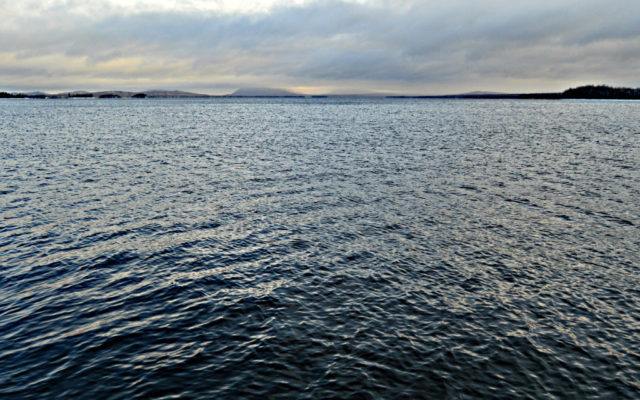
Maine Sporting Camp Association seeking path to welcoming non-residents
AUGUSTA — From Mid-May to the end of June remote commercial sporting camps host fishermen from all over the country as lakes, rivers and streams provide some of the best salmon, trout and bass fishing east of the Mississippi. May is also the start of turkey season. A COVID-19 order by the Governor requiring non-residents to isolate themselves for 14 days is forcing sporting camps to turn away clients, some of which have been repeat customers for decades.
On April 30 the Maine Sporting Camp Association (MSCA) requested government approval of a plan whereby non-resident commercial sporting camp clients could “self-certify” that they have been in isolation at their home for at least 14 days before traveling to Maine. Furthermore, these clients would state that they and their household members do not have any COVID-19 symptoms, that they have travelled to the lodge directly from their out-of-state home, practice social distancing, including wearing face coverings when appropriate, and among other certifications, agree to follow special safety protocols.
Commercial sporting camps already follow strict food and cleanliness guidelines as a requirement for state licensing, according to Harvey Calden, president of the Maine Sporting Camp Association and owner of Tim Pond Camps in Eustis. Participating lodges, under the direction of their certified food safety managers would also implement and supervise COVID-19 dining room, lodge and cabin distancing and sanitizing protocols such as are being recommended by the National and State Restaurant Associations relative to COVID-19 reopening programs. “These protocols will keep our clients and employees safe,” said Calden.
“Sporting camps operate in rural areas and by their nature are isolated from the public,” Calden stated. Also, activities such as fishing, hunting, and nature hikes can be organized so all social distancing recommendations and sanitation guidelines are met. Reopening phases allow Maine residents from Cumberland County, which has a rate of incidence higher than two thirds of states, to travel around Maine. Therefore, “allowing responsible non-residents from other parts of the country (some of which are less impacted by COVID-19), who make these certifications, does not introduce anymore risk to the health system, Maine residents, and our employees, than letting someone from Cumberland County leave town,” Calden added.
The MSCA believes this certification proposal is consistent with the goals to mitigate the spread of the virus. Compliance with COVID-19 guidance is largely based on trust and the MSCA is confident clients of member lodges can be counted on to help mitigate the virus. Moreover, allowing selected non-residents to visit rural areas will help ensure the viability of commercial sporting camps and help restart our damaged economy.
“We hope to get this program signed off on in a matter of days,” said Calden.